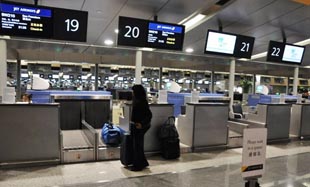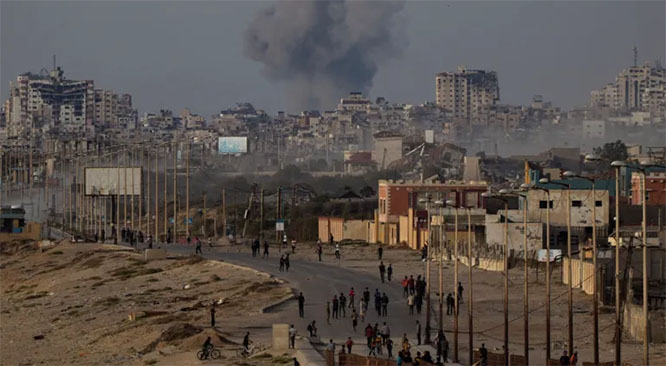Jeddah, May 5: The GCC is tightening its medical screening process for newly arriving expats in an effort to keep the region free from communicable diseases.

The six-state bloc also intends to keep a close watch on accredited health centers in various cities in manpower-exporting countries.
Many Asian nationals have been deported after arriving in the Kingdom because despite being declared medically unfit in their home countries, they managed to fly out. These expats have also been denied entry into other GCC countries.
Bangladesh and Philippines are among the countries whose medical centers have erroneously sent sick individuals to the region, according to sources.
An inspection team from an expatriate health checkup mission, launched by the executive board of the GCC Health Ministers Council, recently visited South Asian countries to conduct random checks and to evaluate the performance of accredited health centers, according to a high-ranking official at the council.
Basheer Al-Sufyani, head of the mission, told Arab News that preliminary screening has reduced the number of infected persons entering into GCC countries to nearly five percent of all new arrivals.
A total of 298 accredited health centers are functioning in 11 manpower-exporting countries.
“India alone has 107 of these centers, while Bangladesh has 35, the Philippines 31, Indonesia 30, Pakistan 22, Sri Lanka 15, Egypt 13, Nepal 12, Syria six and Sudan five,” said Al-Sufyani.
“Nationals from these countries, as well as Ethiopia, are required to undergo medical screening prior to having their GCC employment visas endorsed.”
He added: “Expats will be checked again upon entering a GCC state to check for possible medical error. These checks will ensure that the incubation period of certain diseases has passed.”
Al-Sufyani explained: Medical report results will be linked electronically among GCC countries. Results will be uploaded onto consulate or embassy websites in host countries, which will be shared through a unified GCC electronic gateway. This will eradicate the possibility of test results being manipulated.”
Around 2.2 million expats are seeking employment in GCC countries, of which one million have applied to the Kingdom, said Al-Sufyani.








Comments
Add new comment